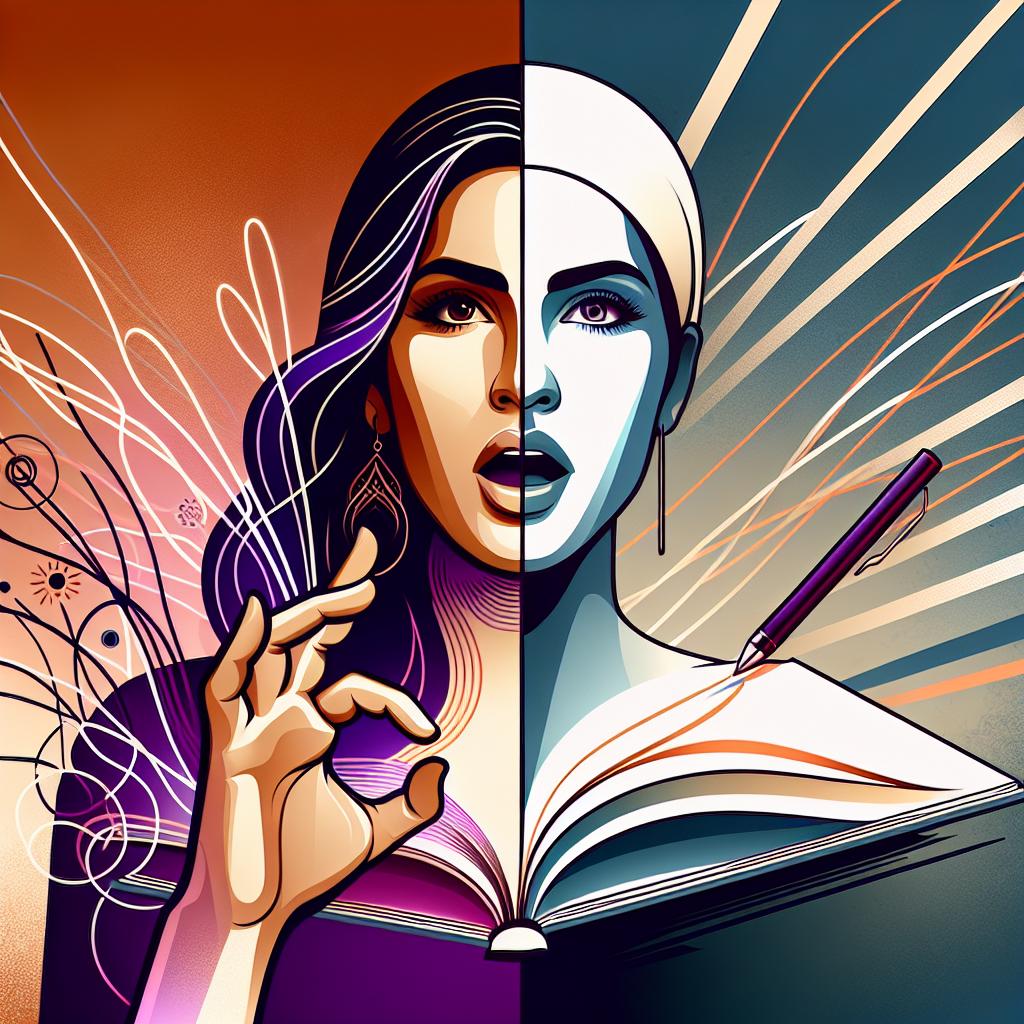-
Summary
- 2025-04-20 07:16

The intersectionality of celebrity endorsements and grassroots movements can be seen vividly when analyzing current social debates. Notably, actress Nicola Coughlan and renowned author J.K. Rowling exemplify contrasting viewpoints on transgender rights. Their engagement in public discourse over an anti-trans judicial stance reflects the power dynamics inherent in both entertainment and literary sectors. While Coughlan leverages her platform in television to voice opposition against discriminatory rulings, Rowling uses her established reputation in literature to advocate for her perspectives. This dichotomy not only fuels extensive online conversations but also sheds light on the critical role played by influential personalities in shaping societal attitudes toward gender identity issues.
Another pertinent example lies in the enduring struggle for justice and equality following Freddie Gray's tragic incident in Baltimore. As we approach the decade mark since his untimely death, the fervor for comprehensive police reforms and racial equity persists. Media coverage from trusted sources like KSAT, ClickOnDetroit, and NBC Bay Area consistently highlights the unyielding spirit of community activism. These narratives underscore the importance of systemic change in addressing deep-rooted societal disparities and emphasize the need for sustained attention from policymakers and society at large to achieve meaningful progress in these areas.
In the realm of education, examining the effects of implementing a mobile phone ban reveals transformative outcomes for students. Observations shared by publications such as Belfast Telegraph, The Standard, and Daily Record indicate a reduction in stress levels post-policy adoption. This shift in student behavior, marked by improved concentration and overall well-being, prompts reflections on broader educational strategies. Stakeholders including educators and guardians provide valuable feedback, suggesting that similar restrictions could foster better learning environments elsewhere. Such initiatives may serve as models for enhancing pedagogical approaches and ensuring healthier academic settings for future generations.
In recent developments, actress Nicola Coughlan from the popular series 'Bridgerton' addressed her concerns regarding author J.K. Rowling's endorsement of an anti-trans court ruling. Both reports highlight that Coughlan publicly criticized Rowling for celebrating this judicial decision which discriminates against transgender individuals. Despite being figures in different spheres—Coughlan in entertainment and Rowling in literature—their differing views on trans rights have sparked notable discussions online. This situation underscores the ongoing debate surrounding gender identity issues and public influence wielded by celebrities and authors.
The significant event revolves around the tenth anniversary since Freddie Gray's demise in Baltimore. Across multiple news platforms, it is reported that despite passing ten years, there remains an ongoing demand for substantial changes in policing practices and achieving racial equality within the city. Various media outlets such as KSAT, ClickOnDetroit, and NBC Bay Area have covered this persistent issue, emphasizing community advocacy for systemic reforms.
In summary, the central theme focuses on societal demands for justice and fairness in law enforcement and race relations in Baltimore. Key points include: the impact of Freddie Gray's death, continuous advocacy for police reform, sustained efforts towards racial equity, and consistent reporting from different reputable sources.
The implementation of a mobile phone ban in Brianna Ghey’s school has led to notable changes among students. Reports from multiple sources such as Belfast Telegraph, The Standard, and Daily Record highlight that since enforcing this policy, there is an observed decrease in stress levels among pupils. Each publication provides insights into how this restriction impacts student behavior positively, emphasizing improvements in concentration during lessons and overall well-being.
In addition to behavioral transformations, these articles discuss broader implications for educational policies. They focus on the potential influence of similar bans across other institutions, considering feedback from stakeholders like teachers and parents who have noticed enhanced classroom environments.
The central theme revolves around an unusual romantic relationship between characters identified as a prince and a knight. This narrative has led to legal implications where their love story intersects with societal issues concerning LGBTQ representation.
In this context, there is a significant focus on how public schools incorporate LGBTQ-related books into their curriculum. A notable aspect involves seeking intervention from the United States Supreme Court regarding these educational policies.